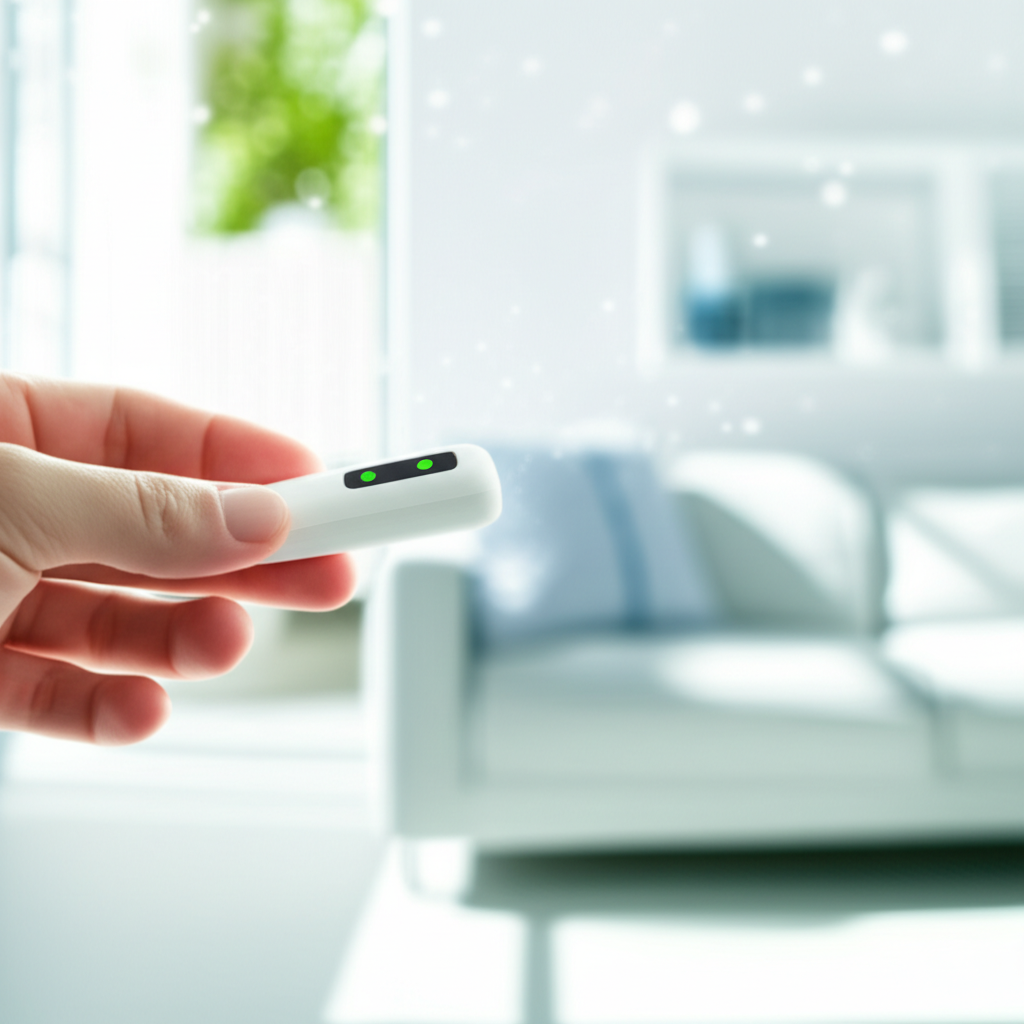When you suspect you have a food allergy, one of the first questions that comes to mind is, "Where do I get tested?" In the past, the only option was a visit to a doctor's office or a specialized allergy clinic. Today, however, at-home allergy tests offer a convenient and accessible alternative.
This article compares at-home and clinic-based allergy testing to help you decide which option is right for you. For more information on the financial aspect, our article onthe cost of beef allergy testingprovides a detailed breakdown.
At-Home Allergy Tests: The Convenient First Step

At-home allergy tests have become increasingly popular for their ease of use and accessibility. They are an excellent starting point for anyone who wants to investigate a potential allergy.
How they work:Most at-home tests, like ourBeef Allergy Rapid Testinvolve a simple finger-prick blood sample. The test detects the presence of specific IgE antibodies to an allergen—in this case, beef.
Pros:
- Convenience:You can perform the test in the comfort of your own home, without needing to schedule an appointment or travel to a clinic.
- Speed:Results are typically available within minutes, providing you with immediate answers.
- Privacy:You can conduct the test privately and discreetly.
- Cost-Effective:At-home tests are often more affordable than clinic-based testing.
Cons:
- Screening Tool:While highly accurate for detecting sensitization, they are primarily a screening tool. A positive result should always be discussed with a healthcare professional for a formal diagnosis and management plan.
- Limited Scope:Most at-home tests are designed to screen for a specific allergen.
Clinic-Based Allergy Testing: The Traditional Approach

Clinic-based testing is performed by a healthcare professional, usually an allergist. This has long been the standard method for diagnosing allergies.
How they work:There are two main types of clinic-based tests:
- Skin Prick Test:An allergist places a small drop of a liquid containing the allergen on your skin and then lightly pricks or scratches the area. If a raised, red, itchy bump (called a wheal) appears, it indicates an allergy.
- Blood Test (IgE Test):A blood sample is drawn and sent to a lab to measure the amount of specific IgE antibodies to the allergen.
Pros:
- Comprehensive Diagnosis:An allergist can test for multiple allergens at once and provide a comprehensive diagnosis and treatment plan in a single visit.
- Expert Consultation:You have immediate access to an expert who can interpret the results and answer your questions.
Cons:
- Cost:Clinic-based testing is typically more expensive than at-home tests.
- Inconvenience:It requires scheduling an appointment, traveling to the clinic, and potentially taking time off work.
- Discomfort:Skin prick tests can be uncomfortable, and some people are anxious about having blood drawn.
Which Option is Right for You?
The best choice depends on your individual needs and circumstances.
Choose an at-home test if:
- You want a quick, convenient, and affordable way to screen for a specific allergy.
- You want to gather information before scheduling a doctor's appointment.
- You have a busy schedule and find it difficult to get to a clinic.
Choose clinic-based testing if:
- You suspect you may have multiple allergies and want comprehensive testing.
- You have a complex medical history or have had a severe allergic reaction in the past.
- You want a formal diagnosis and a complete management plan from an allergist.
The Bottom Line
Both at-home and clinic-based testing have their place in the diagnostic process. An at-home test can be a powerful first step, providing you with valuable information quickly and easily. It empowers you to have a more informed conversation with your doctor.
If you're ready to take the first step in understanding your symptoms,Contact usto learn more about our reliable and easy-to-use at-home Beef Allergy Rapid Test.